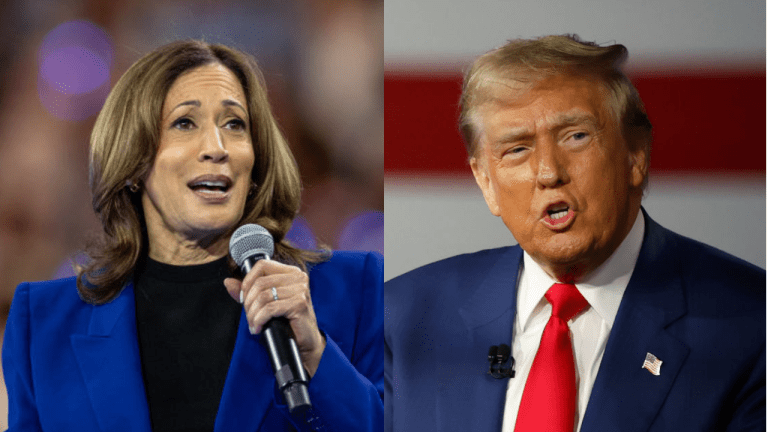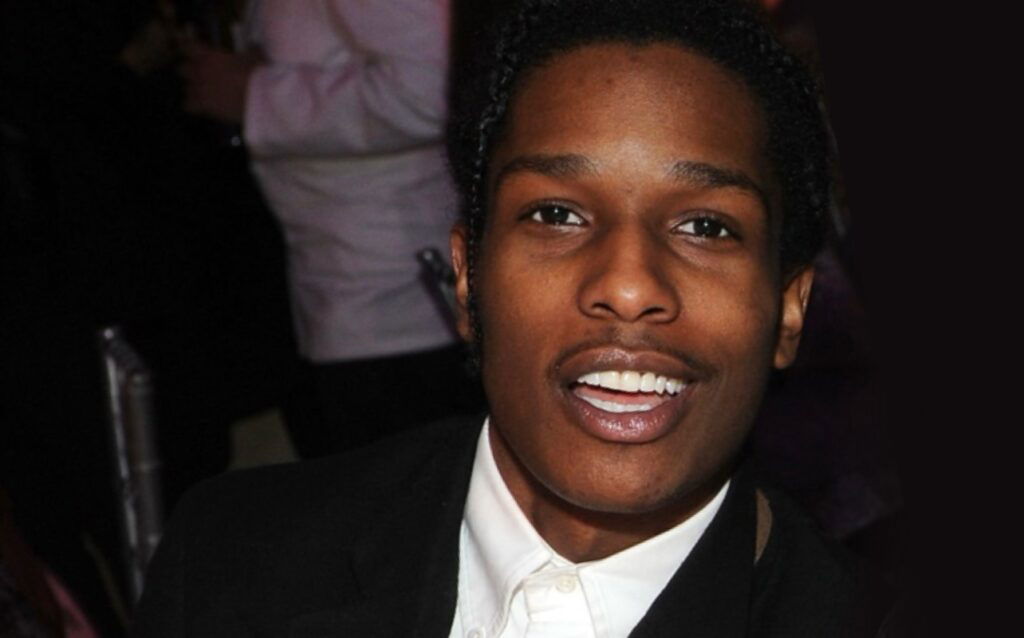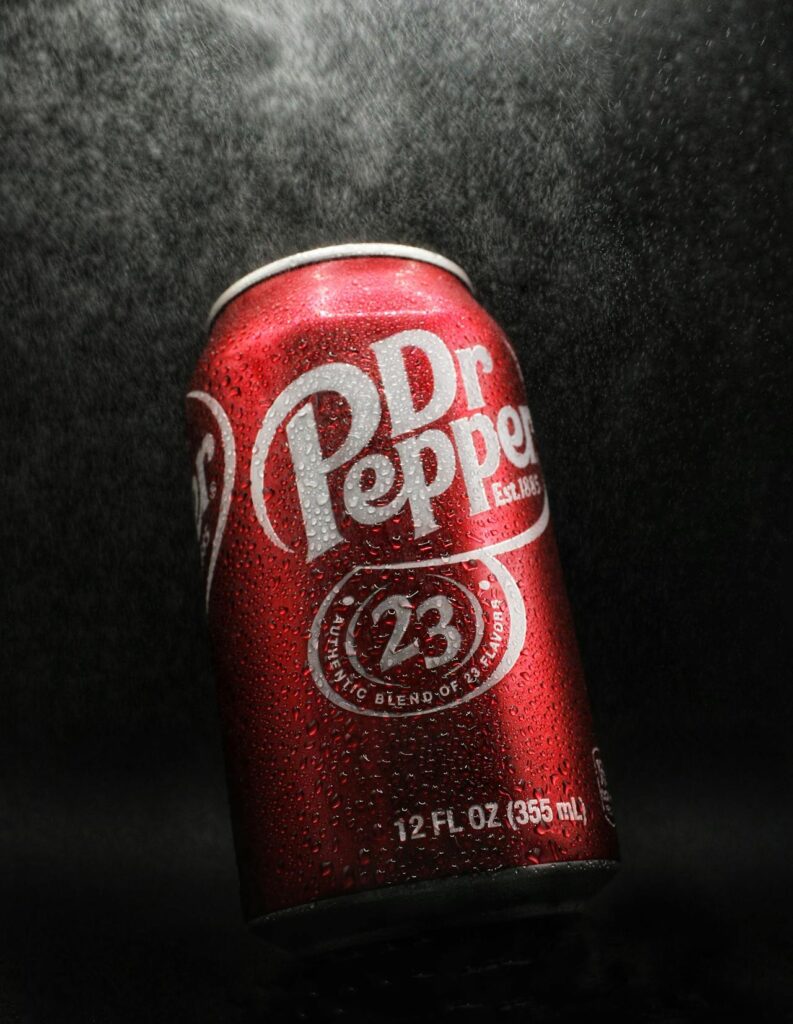Vice President Kamala Harris’ recent interview on the “All the Smoke” podcast is being praised for its potential impact on a critical and closely watched voting bloc this election cycle: Black men.
“This interview was a home run for her,” said Democratic strategist Joel Payne, who said the Democratic presidential nominee was “personal and vulnerable.”
During the 45-minute sit-down with former NBA stars Matt Barnes and Stephen Jackson, Harris opened up about her personal life as a stepmom and how she navigated the complexities of a blended family. She also touched on the importance of addressing mental health in the Black community.
In terms of policy, the vice president reiterated her stance that marijuana should be legal in the United States.
“I just feel strongly people should not be going to jail for smoking weed. And we know historically what that has meant and who has gone to jail,” said Harris.
She also laid out her economic plan to increase funding for small businesses (up to $50,000 tax deductions) and address the country’s housing affordability crisis with $25,000 down-payment assistance.
Considering the podcast’s target audience of Black men, Harris’ appearance was noteworthy.
Though she holds an overwhelming majority support among Black voters, several polls show as many as 26% of Black men under the age of 50 plan to cast their ballot for Donald Trump, the Republican nominee.
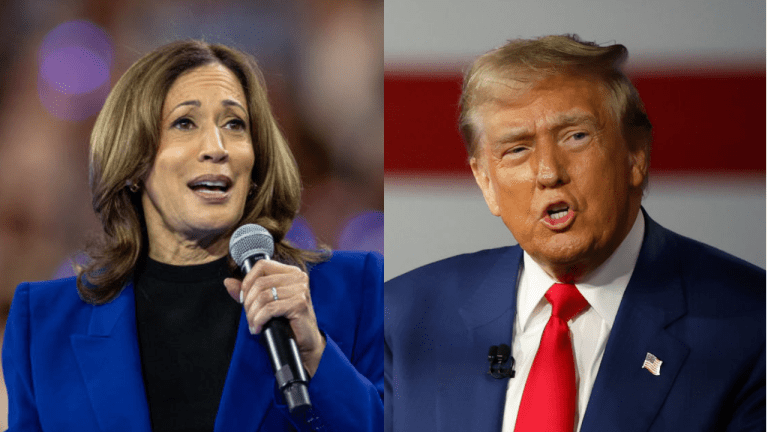
Payne, a former Black engagement operative for Hillary Clinton’s 2016 presidential campaign, said the interview with Barnes and Jackson has the potential to spread to corners of the country where some Black men may not be engaged about her campaign and record.
“Maybe there’s a brother on the west side of Philly, or maybe there’s a brother who lives in the suburbs outside of Detroit, or a Black farmer in rural North Carolina,” noted Payne, “who runs across this clip, or they hear about it or hear someone talking about it, and they’re like maybe I need to do a little bit more digging here.”
He continued, “Maybe I was wrong about my preconceived notions.”
Cameron Trimble, the founder of Hip-Politics and former director of digital engagement at the Biden-Harris White House, told theGrio that while he believes the “All the Smoke” interview “moved the needle,” it can’t be expected to change the mind of every undecided or pro-Trump Black male voter.
“The landscape is so fractured that we can’t expect that just this one interview kind of checks the box and everybody sees it,” Trimble noted. “She has to do more of these and continue to be able even if she’s repeating and saying the same things.”
During the interview, Barnes asked Harris to break down how bills become law, noting that there are “misconceptions of the power of the president or the power of the vice president.”
In addition to noting that elected officials in state and federal legislatures pass laws, Harris emphasized, “The best way the system works is when the power is with the people to advocate for their needs and have their needs met.”
She added, “They have a right to expect that their leaders will hear them and take seriously their needs.”
While the answer could have easily been taken as “talking down” to voters, Payne said the vice president showed the “accessibility” of her candidacy and leadership.
“I think a critique of [President Joe] Biden was that his message and his advocacy, while it was values aligned and it was where most of the country is, it wasn’t always accessible,” he explained. He said Harris demonstrated the skill of “talking to people and not talking at people.”
“Her emphasis that the power is in the people was important,” said Trimble. “People who hear this not only need to hear that, but they also need to feel it. They need to feel like things will change.”
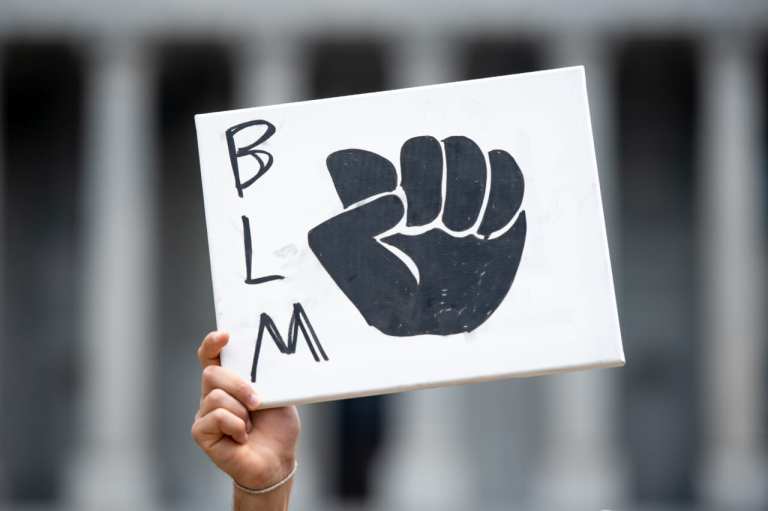
Vice President Harris acknowledged that while every policy goal doesn’t always become a reality in government, it’s important that voters and their elected leaders “don’t give up.”
“Keep fighting for the things you know are possible, even if it’s never happened before,” said the presidential hopeful.
As an example, Harris pointed out that, as a U.S. senator, she helped author the George Floyd Justice in Policing Act, a comprehensive police reform bill that has yet to pass in Congress.
“People by the hundreds of thousands marched, rightly. Out of pain, out of knowledge, [and] a commitment that we need to take seriously what we gotta do to deal with this system,” said Harris.
Though the Floyd bill has not become a reality, the vice president explained that President Biden did what he could to address no-knock warrants and establish a national database of police misconduct on the federal level through executive action without the help of Congress.
“I think the vice president did a good job of not passing the blame of this is why I couldn’t get it done, but [instead] educating on … the process. This is what we actually did do,” said Trimble.
Touching on the 2020 Black Lives Matter uprising calling for police reform, Harris noted that her opponent, Trump, wants to “suppress” the rights of people. She also slammed efforts by conservative leaders to “restrict rights” rather than the expansion of civil rights seen during the ’50s and ’60s.
“Whatever gains we’ve made will not be permanent unless we stay on it … that’s why we have to stay active,” Harris said.
Payne said he was also impressed by Harris’ “framing” of race when asked about attacks from Trump and others about her racial identity. The vice president referenced the “one-eighth rule,” also known as the “one-drop rule,” which was a legal principle of classifying a person as Black in the U.S.
“There is some knowing language in how she spoke about it,” said Payne. “That probably sounded to a lot of Black folks like, oh, there’s a woman who has, like, spent a lot of time thinking about this and someone who has lived a life where this has been very front and center.”
As revealing and vulnerable as the “All the Smoke” interview was, Payne also noted that the “real driver of momentum” for the Harris campaign will be “big rallies” that garner “big moments” as she and Trump compete in the “attention economy.”
“I think that [the campaign] has struck a good balance there, but I don’t think they should be skittish about putting a candidate out there,” he said. “She is good, and she has improved, and she’s got a tight message that I think works.”


